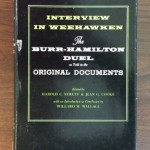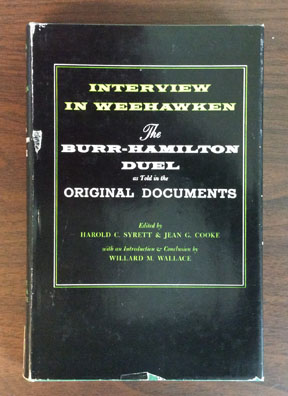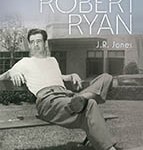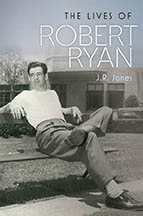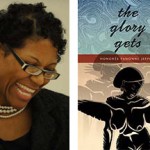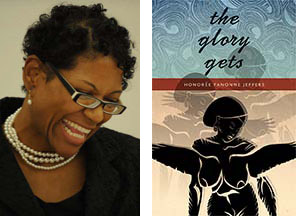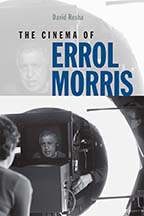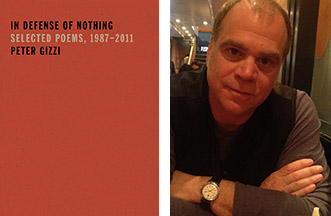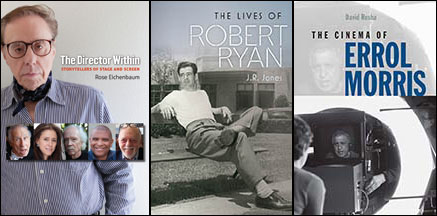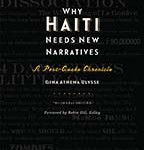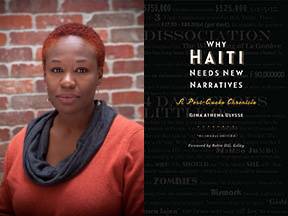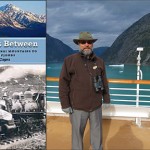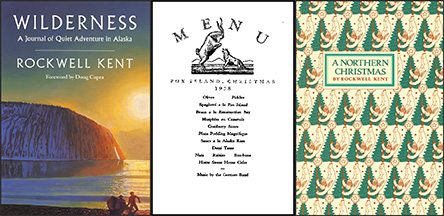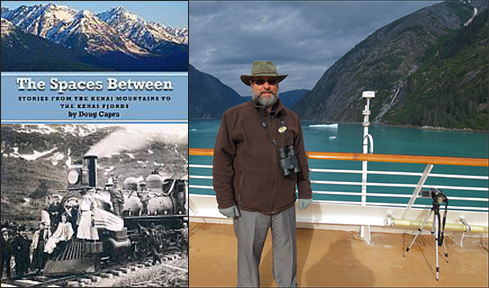
Wesleyan University Press @ AWP2015—Minneapolis
Friday, 4/10: 1:30–2:45pm
A Tribute to Gerald Vizenor
w/ Heid Erdrich, Kim Blaeser, Gordon Henry Jr., Margaret Noodin, & Gerald Vizenor
Room 208 C&D, Level 2
Anishinaabe writers will read selections from Gerald Vizenor’s vast body of work and reflect on how this elder statesman of Anishinaabe literature influenced and supported their own work. Vizenor’s political writing, nationalist poetry, and history-steeped novels will be represented in this tribute, fittingly held in his homeland of Minnesota. Panelists will reflect on Vizenor’s role as a mentor and teacher who enabled generations of Native writers to find their voice.
Read more here.
Saturday, 4/11: 10:30–11:45am
Wesleyan University Press Poetry Reading
w/ Rae Armantrout, Sarah Blake, Heather Christle, Honorée Jeffers, and Fred Moten
Room 101 H&I, Level 1
A dynamic reading reflecting the breadth of Wesleyan University Press’s esteemed poetry series. These five poets represent diversity of age, race, aesthetics, and poetic voice, and are among the strongest voices in poetry today. Each engages his or her subject matter in distinct, unexpected ways through the use of language and imagery. Their work contemplates popular culture, history, ethics, race, and politics, as well as their personal experiences.
Read more here.
Book Signings @ WUP booth 907
Heather Christle — Thursday, 4/9: 1–2pm
Honorée Fanonne Jeffers — Friday, 4/10: 11am–12pm
Gerald Vizenor — Friday, 4/10: 3:30–4:30pm
Rae Armantrout & Sarah Blake — Saturday, 4/11: 12:30–1:30pm
Fred Moten — Saturday, 4/11: 2–3pm
Offsite Events
[Not organized by Wesleyan. Wesleyan authors, past and present, are included.]
Wednesday, 4/8: 7pm
BOMB & Two Dollar Radio Present:
Rae Armantrout, Sarah Gerard, Ian Dreiblatt, & Nicholas Rombes
Magers & Quinn Booksellers, 3038 Hennepin Avenue, Minneapolis, MN 55408
More info here.
Wednesday, April 8th, 7:30-8:30pm
Women’s Caucus Reading
Readings by Joy Harjo and Natalie Diaz. Introduction by Heid Erdrich.
Augsburg College, Satern Auditorium, 22nd Ave. South & South 7 1/2 Street, Minneapolis
More info here.
Thursday, 4/9: 6pm
Presenting: Tender Buttons, Black Radish Books, Ugly Duckling Presse, and Station Hill
Lee Ann Brown is reading from Bernadette Mayer’s Sonnets (Tender Buttons)
514 Studio, 514 North 3rd Street Suite 101, Minneapolis
More info here.
Thursday, 4/9: 8pm
Rain Taxi Benefit at Walker Art Center, Greatest Hits Reading
Peter Gizzi, Pierre Joris, Forrest Gander and many others.
Walker Art Center, 1750 Hennepin Avenue, Minneapolis
More info here.
Thursday, 4/9: 7:30pm–1am
VIDA Awards, Motionpoems Film Screening, & Dance Party
Sarah Blake’s poem “A Day at the Mall Reminds Me of America” was used in Ayse Altinok’s short film, included in the Motionpoems screening.
Skyway Theater, 711 Hennepin Avenue, Minneapolis
More info here.
Thursday, April 9: 7:30–9:30pm
Hick Poetics Anthology Release
Forest Gander is among the participants
Patrick’s Cabaret, 3010 Minnehaha Avenue, Minneapolis
More info here.
Saturday, 4/11: 6pm
The Volta Book of Poets
Fred Moten and Evie Shockley are among the sixteen readers.
Harriet Brewing, 3036 Minnehaha Avenue, Minneapolis
More info here.
